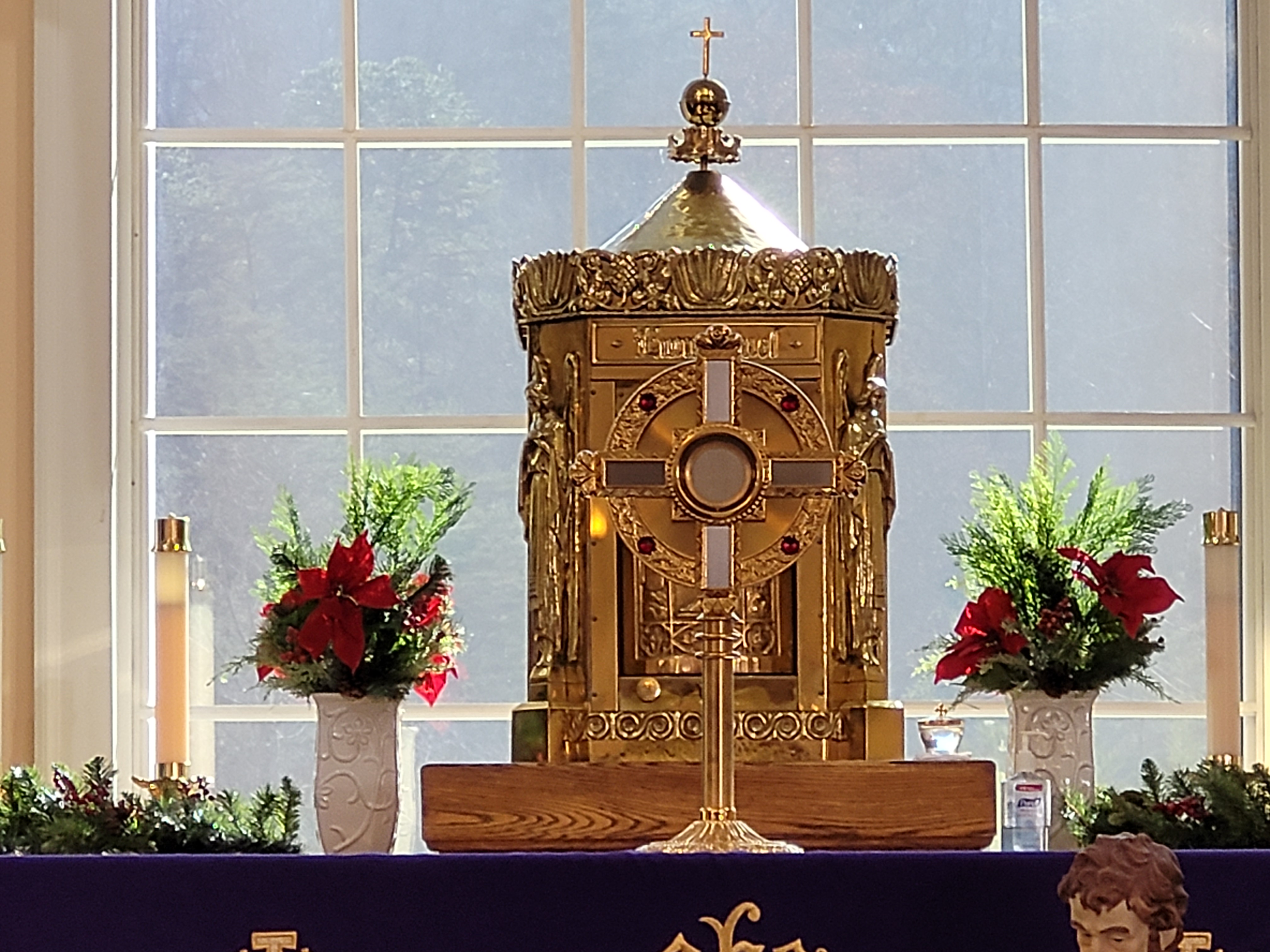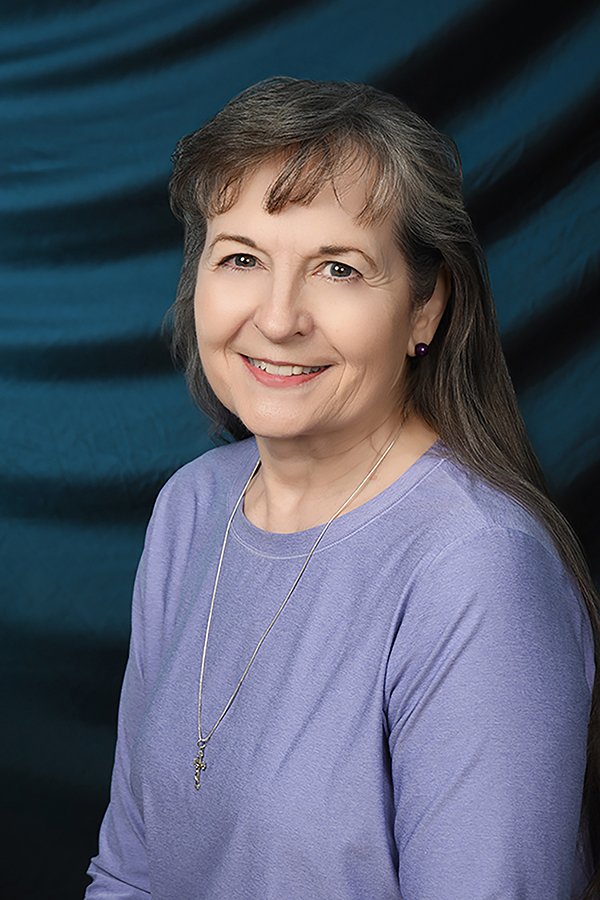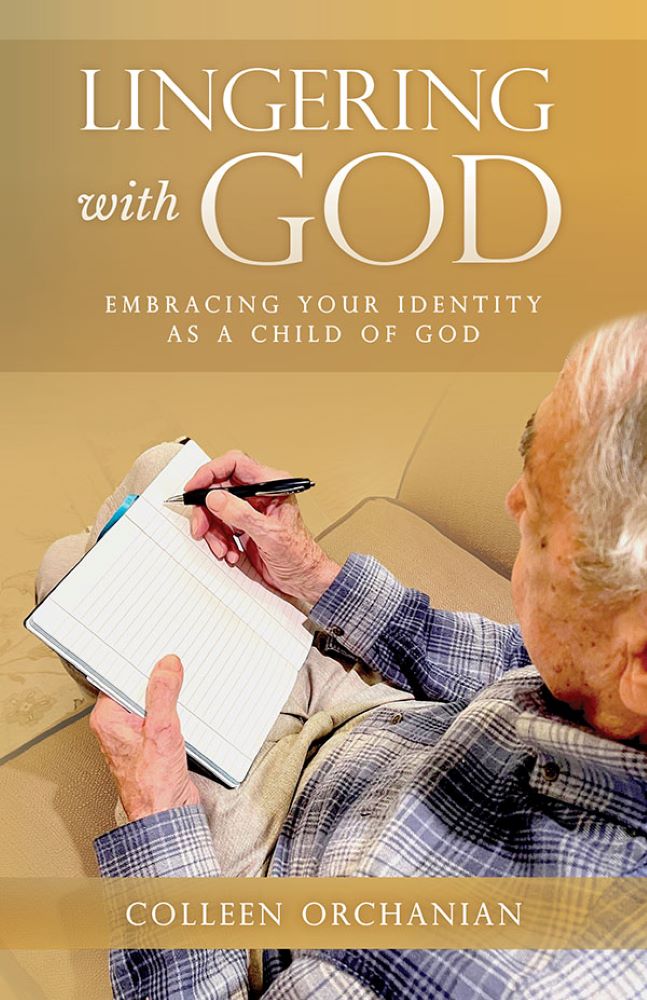What is Sacred?
 When I was a kid, church was different. We acted differently there than anywhere else. We dressed differently, wearing our Sunday best. We even spoke differently, not just the words we said but the way we said them as well. It was not your outside voice. Church was a sacred place. Everyone knew it and it showed in their actions.
When I was a kid, church was different. We acted differently there than anywhere else. We dressed differently, wearing our Sunday best. We even spoke differently, not just the words we said but the way we said them as well. It was not your outside voice. Church was a sacred place. Everyone knew it and it showed in their actions.
Today is different. Our culture is different. We dress more casually. We are more likely to view our church service as a social function or entertainment than a sacred encounter with God. That's just for those who are believers, but some people have no faith and their goal is to disrupt a service. Some even desecrate church property. The number of attacks on Catholic churches is at an all-time high – happening in all 50 states. As believers have taken a more casual approach to church, unbelievers have boldly attacked church property and the Holy Mass. The sacredness of a church is declining, and this is very sad.
Of course, it's nothing new. It happened throughout history – in the Old Testament and the New. In the early days of the Church, as well as in modern times – in China, Japan, Russia, Mexico, Germany, and more the ruling parties desecrated churches and profaned the sacred. What is a believer to do?
Our souls desire – even need the sacred. Yet around us, Satan is attacking. He hates sacred things. Why? A definition might be helpful. Sacred means connected with God or dedicated to a religious purpose. Satan hates God and anyone who follows God. Actually, Satan hates any human person because we are made in the image and likeness of God. So something sacred must be a harsh reminder of his powerlessness.
We need the sacred because that's where we encounter God. Moses learned about sacred space when he saw the burning bush and was told he was on holy ground. Here's what else happened in that place:
-
God called Moses to draw near. Who would not be drawn to an unusual site like a bush that was on fire but didn't burn up?
-
God taught Moses about how to treat sacred places, telling him to remove his shoes.
-
God revealed himself and his name – I AM – to Moses.
-
God gave Moses his mission – free my people from slavery.
-
God gave him the power to carry out his mission, telling him He would do wondrous deeds through Moses.
-
God allayed the fears Moses had about his mission by saying, I will be with you.
That place was sacred because of what happened there. If you have ever been to Israel, you were blessed to walk in many sacred places – the place of Jesus' birth, the places of his miracles, the Garden of Gethsemane, the road he walked while carrying his cross, the site of his crucifixion and his resurrection. We were on holy ground and we knew it.
We have sacred spaces today – wherever we live. They, too, are sacred because of what happens there – because that's where we encounter God. I have a prayer space in my home that is sacred. It is dedicated to God and a place where I can focus on Him alone.
Church is a sacred space. In the Catholic Church, we believe in the Real Presence of Jesus in the Eucharist. So when you enter a Catholic Church, Jesus is physically present there in the Tabernacle. We enter and genuflect (or kneel) to the altar, then enter the pew to pray. Others are praying, too, so it's hushed and quiet. We know it's sacred space and sacred time. We are in the presence of God.
When I meet with someone for spiritual direction, I am on holy ground. It is sacred time. We talk about how the person is experiencing God in their life. How is God working? What is happening in their prayer life? How is the enemy attacking and what can they do to respond – to draw closer to God? These are sacred conversations. It's a privilege to be part of them.
In a world that rejects the sacred, believers must seek it and embrace it. Here are some ways to do that:
Create a sacred space in your home – a place dedicated to prayer. It can be a small corner of a room. Size doesn't matter. Fill the space with things that remind you of God. I have holy images, rosaries, my Bible, candles, and some spiritual reading. When I enter into this space, I am ready to be with God. It's his time.
Schedule sacred time to spend with God. Make an appointment and keep it. It's sacred, so it's set aside for God. Unless you have an emergency, you keep your appointment. Think about it like you might a doctor's appointment. Rarely do you cancel or delay. If we see our sacred time with God in the same way as a doctor's appointment, we might be more likely to keep it.
Approach worship as a sacred event – which it is. And so we dress appropriately. I remember once giving guidelines to the confirmation class, telling them, "If you look in a mirror and think, I look hot! You are not dressed appropriately." Everything about our worship time should be focused on God. It doesn't matter what others are wearing or even if they are being a distraction. Our behavior is what we can control, and so we do. When we see worship as a sacred time with God, it will become more spiritually fruitful for us.
If we assist in the worship service or Mass, be especially attentive to our role. Is the music enhancing the liturgy? Am I proclaiming the Word of God well so that people can hear and understand? Am I a distraction from the liturgy or service? In other words, are people noticing me instead of being drawn to God? That might be a sign that I have not approached it as a sacred experience.
We can get discouraged when we hear about the loss of the sacred – the desecration of churches, the disrespect and persecution of people who try to live their faith in a culture that rejects God. It is very sad to be in a post-Christian world. But that is not the final word. We long for the sacred and God provides it to us. We can choose to have sacred space by creating it in our homes and entering the sacred spaces in our communities. We can choose to make some of our time sacred each day so that we are open to an encounter with God. We can choose to act with reverence when we are in a sacred place like a church.
Something supernatural happens when we encounter the sacred. God wants each person to come to know him through these experiences. That's why we long for the sacred. It's still around, even if it's not as visible as in the past. Don't get discouraged. Embrace the sacred. God is waiting there for you.
Questions for prayer:
-
What is your experience of the sacred? How has God spoken to you in those sacred moments?
-
Is God calling you to respond differently in those sacred times or places? Do you need to remove your shoes, so to speak?

